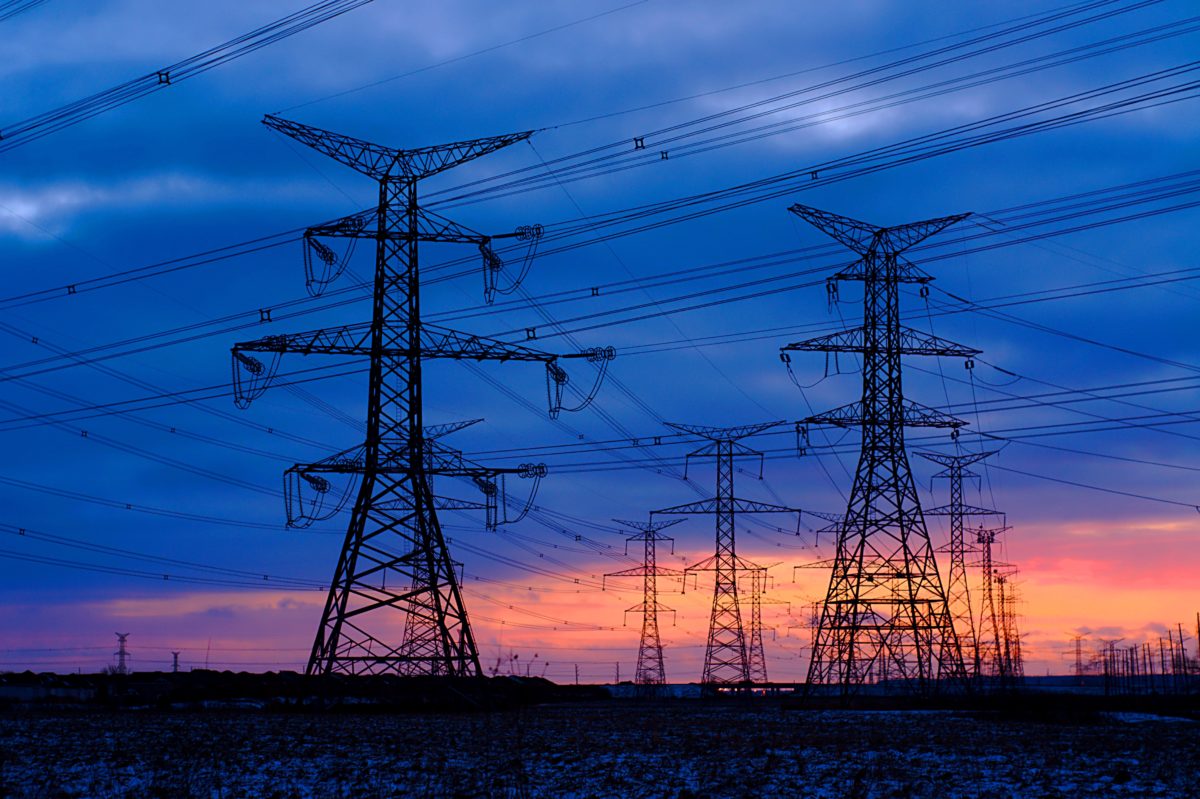The government of Belgium’s French-speaking Wallonia region is planning to exempt the owners of PV systems up to 10 kW in size that will be grid-connected before the end of June from payment of a grid fee for residential prosumers that is expected to come into force from the start of next year.
Wallonia energy regulator CWaPE said, however, no final decision has been taken and it has not yet received the text of the proposed legislation. “For the sake of clarity, the CWaPE recalls at this stage that the introduction of a prosumer tariff, as currently planned for January 1, 2020, is intended to create a fair contribution from all users to the costs of the power network and the distribution of electricity,” it said. “The prosumer tariff is not a tax.”
The regulator defended the fee, originally intended to come into force this year, by claiming it is based on the idea prosumers should contribute to network costs as they still use grid power to supplement electricity they generate. Any lack of contribution, said CWaPE, would place an unfair burden on other bill payers.
A fee of €330-560 per year could be paid to Wallonia’s utilities depending on system size and location.
Solar industry sounds bullish tone
A similar grid fee was put in place in 2015 by Flemish-speaking Flanders. In November 2017, Belgium’s Court of Appeal in Brussels ruled against a lawsuit challenging the charge.
Popular content
Although the Belgian solar sector has repeatedly stated the fee would not dampen demand, the EU Clean Energy Package clearly states charges, fees or taxes imposed on self-consumption should be avoided.
Wallonia closed its Qualiwatt incentive program for small-scale solar in mid-2018. When the decision had been trailed six months earlier, the Wallonian government cited Flanders, which saw a considerable increase in new installations in 2017 without direct incentives for residential and commercial PV.
Each of Belgium’s macro-regions – Flanders, Wallonia and the Brussels Metropolitan Region – has its own energy system and solar and renewables policies.
Belgium’s cumulative installed PV capacity may grow from around 3.43 GW at the end of 2016 to 18 GW in 2040, according to a report by Belgian high-voltage grid operator Elia. Most of the country’s deployed solar is represented by residential systems, as incentives for larger installations were provided to only a limited extent. An increasing number of C&I projects, however, have been announced lately, due to their economic viability without direct incentives.
This content is protected by copyright and may not be reused. If you want to cooperate with us and would like to reuse some of our content, please contact: editors@pv-magazine.com.



By submitting this form you agree to pv magazine using your data for the purposes of publishing your comment.
Your personal data will only be disclosed or otherwise transmitted to third parties for the purposes of spam filtering or if this is necessary for technical maintenance of the website. Any other transfer to third parties will not take place unless this is justified on the basis of applicable data protection regulations or if pv magazine is legally obliged to do so.
You may revoke this consent at any time with effect for the future, in which case your personal data will be deleted immediately. Otherwise, your data will be deleted if pv magazine has processed your request or the purpose of data storage is fulfilled.
Further information on data privacy can be found in our Data Protection Policy.